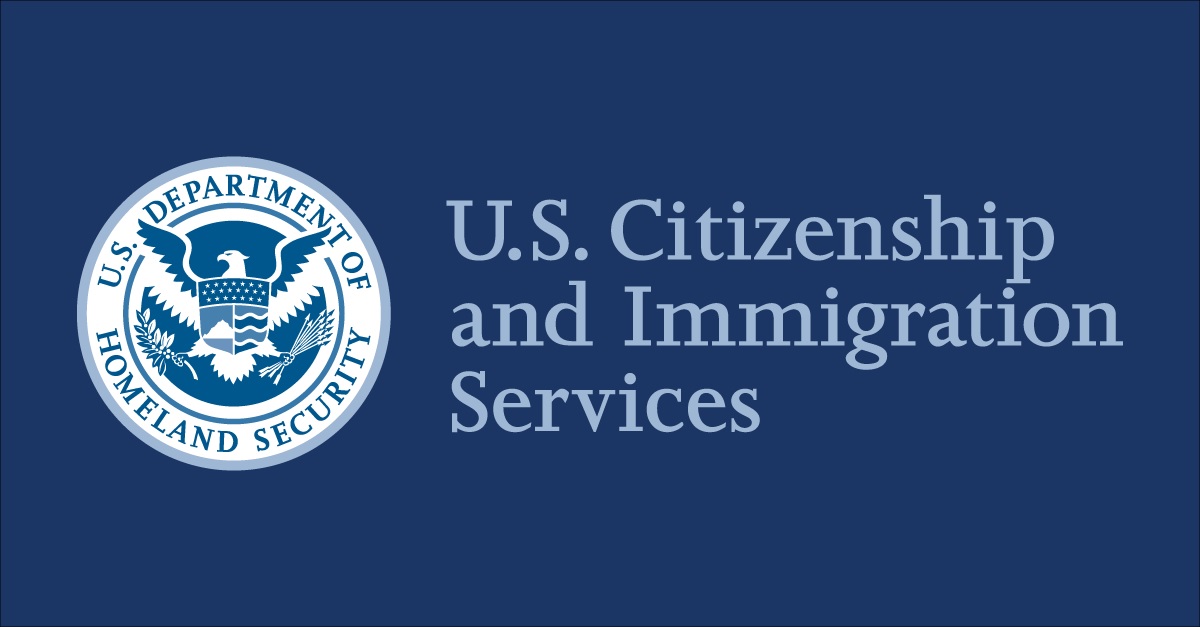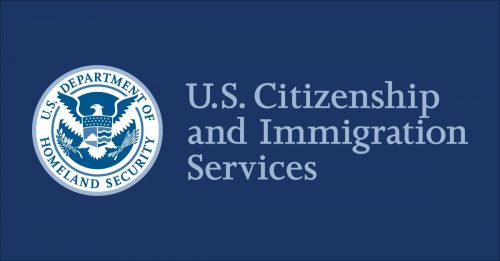
Petitioners would be required to pay a $10 H-1B fee for each electronic registration they submit to USCIS.
The Department of Homeland Security (DHS) on Tuesday announced a notice of proposed rule-making that would require H-1B applicants to pay a $10 fee for each electronic registration they submit to the United States Citizenship and Immigration Services (USCIS).
The fee hike has been expected by the H-1B community, as well as immigration lawyers.
The announcement was posted on the USCIS website today. “Because USCIS must expend resources to implement and maintain the H-1B registration system, and because USCIS operations are funded by fees collected for adjudication and naturalization services, DHS is proposing an appropriate, nominal fee for submitting H-1B registrations to recover those costs,” it said.
That the petitioners seeking to file H-1B cap-subject petitions would be now be required to first electronically register with USCIS was announced last December.
ALSO READ: USCIS increases fees for H-1B, L-1 visas, new rules for counting of employees (May 27, 2016)
Since then, immigration attorneys have been seeking clarity on the matter so that they can be ready for the next H-1B season, the preparation for which begins months in advance.
The new rule would be applied also to those who are eligible for the advanced degree exemption.
The applicants would be required to first electronically register with USCIS during a designated registration period.
There is also some news for those seeking H1-B in the fiscal year 2020, as the USCIS confirmed that it is suspending the rule for year 2020. The statement said: “We also stated in that final rule that we were suspending the registration requirement for the fiscal year (FY) 2020 cap season, to complete required user testing of the new H-1B registration system and otherwise ensure the system and process work correctly.”
The H1-B visa registration system has been under scrutiny by immigration experts ever since it was announced earlier this year. Immigration attorneys had warned the USCIS that if the system is implemented without sufficient testing it might result in chaos.
Last month, 15 organizations had written to USCIS to engage in extensive beta testing and call for feedback before the system is implemented in 2021.
RELATED POSTS:
Trump signs H-1B visa executive order ‘Buy American and Hire American’ (April 19, 2017)
Trump to sign executive order to overhaul H-1B visa program on Tuesday (April 18, 2017)
Anti-H-1B group sues the federal government to seek data from USCIS (April 20, 2018)
Trump administration may soon end H-4 Visa Rule: report (February 1, 2018)
Stronger economy may lead to more H-1B petitions (January 22, 2018)
Tech industry urges USCIS not to cancel H-4 spouses’ work permits (January 19, 2018)
Chuck Grassley again denounces H-1B visa program (January 18, 2018)
USCIS says it’s not ending H-1B visa extensions (January 9, 2018)
Proposed move to end H-1B extensions may affect up to 400,000 Indians in US (January 2, 2018)
DHS mulling major change to H-1B visa program (January 2, 2018)
H-1B visa changes in 2018: Employer preregistration, redefining the high specialty occupation, and withdrawal of work-permits of H-1B spouses (December 26, 2017)
Trump to end H-4 EAD program for spouses of H-1B workers (December 15, 2017)
H-1B visa petitioners will witness an increase in the number of denials this year, according to experts (December 11, 2017)
Indian IT companies are top recipients of L-1 visas, says USCIS report (October 13, 2017)



